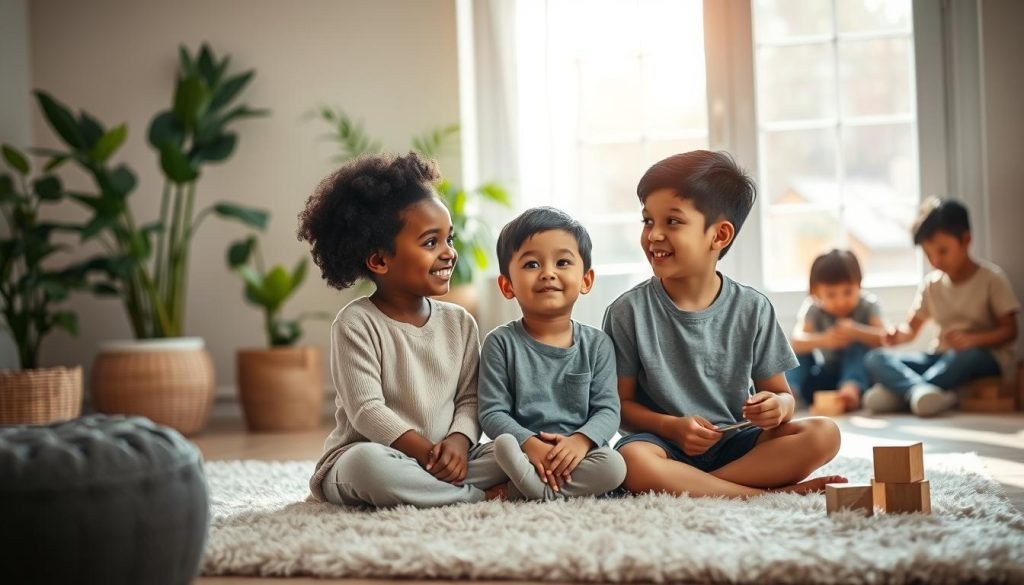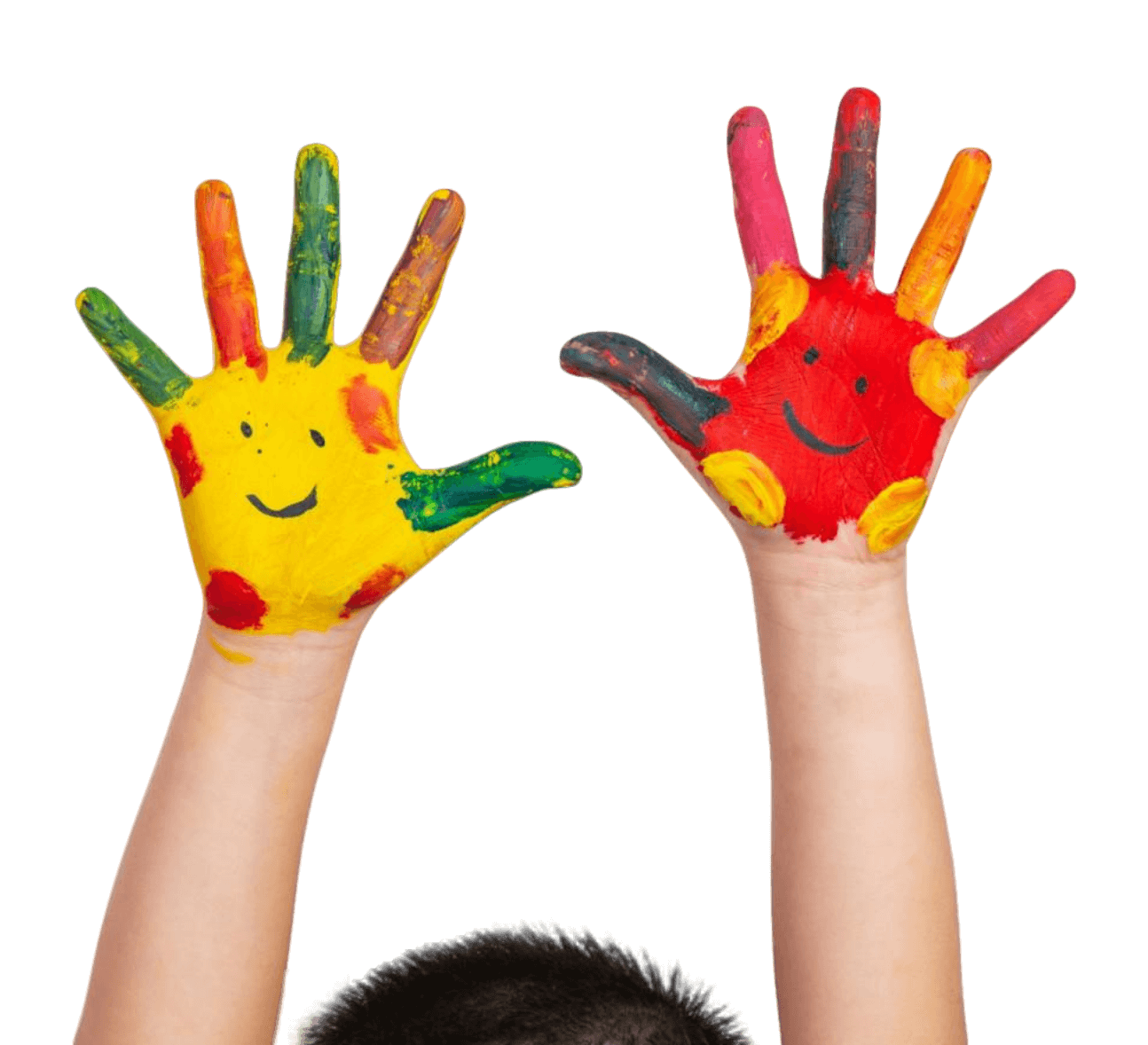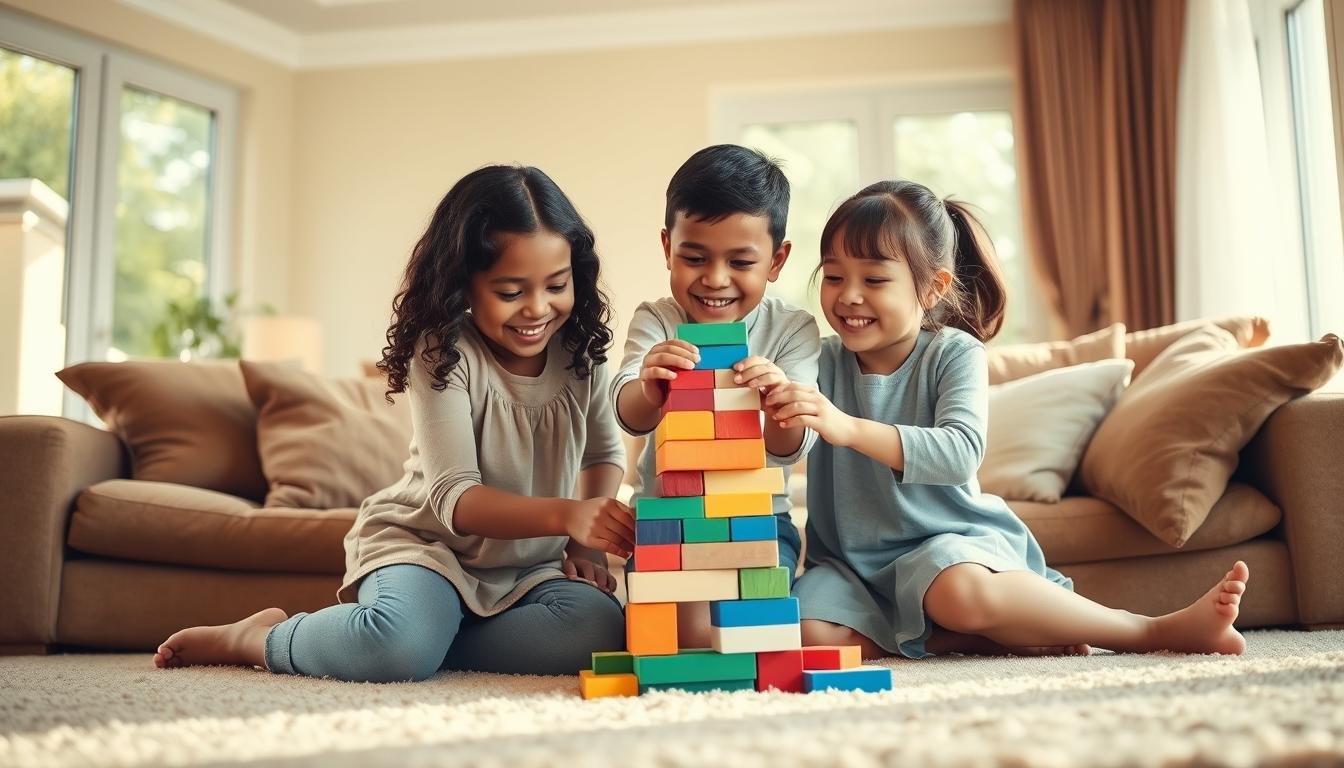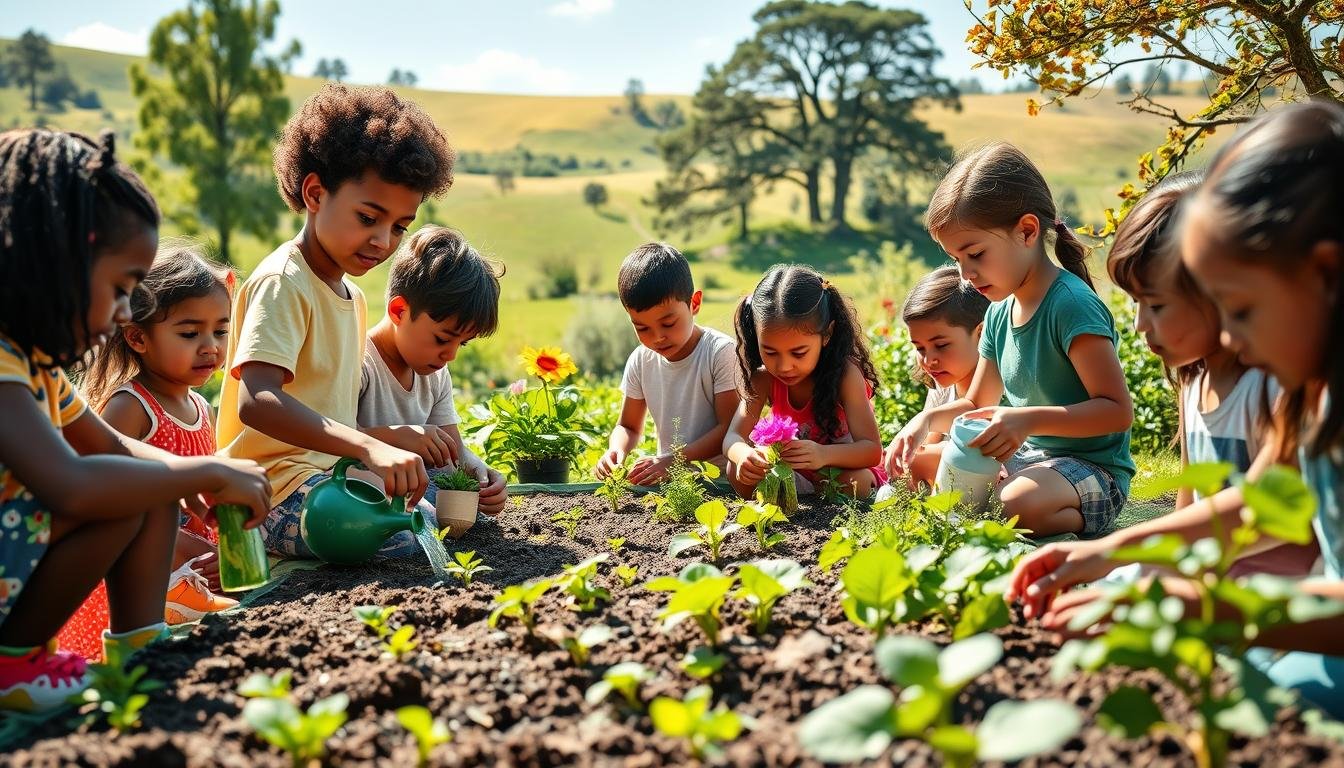Ever wondered why peace is hard to find in a house full of kids? You’ll hear laughter, but also crying and shouting. It’s all part of having several kids. The key to harmony doesn’t come from a detailed guide. It’s about growing patience and understanding together.
Creating a caring home makes us think deeply about facts. For instance, does waiting two years to remarry help blended families succeed? Knowing that kids from divorced families face uncertainty, it’s on us to guide them through these changes.
How can we build understanding when our kids might compete for our love? This could start sibling rivalries. By giving emotional support and being clear in our communication, we shape a strong family bond. Doing things together, like eating meals, teaches patience and makes home a safe place.
Remember, every child is different, needing various things based on their age and personality. By controlling our own frustrations, we can improve our children’s emotional health. Join us as we learn to be more patient and empathetic, for our kids’ lifelong happiness.
Introduction to Managing a Multi-Child Household
Managing a house with more than one child can be both rewarding and challenging. It’s key to understand sibling dynamics and use effective parenting skills. How siblings get along greatly impacts the home’s mood.
Managing such a household means looking at these relationships. It also means making sure each child feels seen and heard. This helps keep peace at home.
Running a smooth multi-child home requires a set plan for daily life. Kids Miracle Steps stresses the importance of a predictable routine. This helps kids feel secure and gets along better with each other.
It’s also important to understand what each child needs emotionally. A study found that managing emotions is key in big families. By teaching kids about feelings and self-control, they learn to handle their relationships better.
Overall, managing a home with several kids isn’t just about rules or schedules. It’s about creating a place where everyone feels loved and valued. Good parenting means combining guidance with emotional support. This improves sibling relations and builds a warm home for everyone.
Understanding in a Multi-Child Household
In households with more than one child, keeping peace is harder due to different needs. Empathy in parenting is key for children’s growth in such homes. It helps understand what each child feels, which is important for a happy, healthy family.
To help each child reach their best, the role of empathy in parenting is huge. It’s about listening well, being patient, and responding in ways that support and guide them. For example, by meeting each child’s specific needs, parents make sure every kid feels seen and valued.
Building a strong family bond is not just to stop fights; it’s to give kids a safe place to grow from. Doing things together as a family helps a lot. Having dinner together, playing games, or going out strengthens these bonds and lets everyone connect emotionally.
Also, being part of a supportive family helps kids outside the home, too. Kids from such families can better manage school and friends. They learn to handle feelings, make friends, and adjust in new places confidently.

Creating a family culture of empathy sets kids up for success in how they get along with others. Activities and routines that involve everyone are vital for kids’ growth in homes with more than one child.
Sharing moments or doing things together makes a big difference in a child’s emotional strength. As the ones who look after them, it’s our job to nurture this understanding. We must make sure each child not only grows but shines in the love of their family.
Each moment with our kids is a chance to teach empathy, help them emotionally, and bond more. By focusing on empathy, emotional growth, and strong family ties, you can make your home a place where every child has what they need to be their best.
Fostering Strong Parent-Child Relationships
To build a strong connection with our kids, it’s key to understand attachment theory and use good parenting methods. These steps are vital for helping our children grow up healthy. Let’s look into how these factors can shape our ways of parenting and, ultimately, our kids’ futures.
Attachment theory shows us how important the early relationship between a parent and child is. It greatly affects their emotional, thinking, and overall health. Kids with a strong attachment tend to act positively and manage their feelings well. On the other hand, a weak attachment can hinder a child’s emotional growth. Programs like Attachment and Biobehavioral Catch-up (ABC) and Circle of Security help create strong attachments leading to better outcomes for children.
It’s also crucial to recognize the important role fathers play, along with mothers. Studies show that dads who are actively involved help foster secure attachment styles in their kids. These children often do better socially and emotionally. Yet, challenges like no paid leave for dads can make it tough for them to be there during crucial times.
But it’s not just parents who matter. For example, maternal grandmothers can add extra emotional support. This can lessen the risks that come with tough parenting styles. Good teamwork in parenting greatly helps a child develop good social skills, no matter the state of the parents’ romantic relationship.
Here are some key facts about strong parent-child connections:
- 70% of parents struggle with balancing work and family life.
- Children are 60% more likely to have healthy friendships if they feel cherished and understood by their parents.
- 80% of kids with positive parent relationships are better at managing emotions and social interactions.
- Interestingly, 85% of parents say that having routines lowers anxiety in their kids.
Spending quality time, showing love, and setting clear rules are vital for boosting kids’ self-worth. They also help teach respect and discipline. Over half of the parents looked for educational resources to be better parents. This shows a deep dedication to making family ties stronger.
Lastly, counseling has helped improve parent-child relationships in 70% of cases. It provides crucial tips for overcoming obstacles. These facts prove that attachment-based methods work well. They also highlight how important it is for us to keep building strong relationships with our kids.
Discipline and Conflict Resolution Strategies
In homes with more than one child, challenges are common. Key among these is resolving sibling conflicts and finding effective discipline methods. We aim for rules that not only control but also make children feel valued and responsible.
Positive disciplinary techniques help in the moment and teach skills for future personal and social success. These strategies can reduce stress and make your home happier. Let’s look at some proven tips and new ideas.
Knowing why conflicts happen at home can prevent many issues. From toy disputes to chore arguments, understanding the cause is key. We should teach kids as young as three to resolve fights with empathy, listening, and compromise.
| Age | Strategy | Outcome |
|---|---|---|
| 3-5 years | Use of ‘I’ statements, Role-playing | Enhances communication, reduces fights |
| 6-8 years | Time-in reflecting, Structured problem solving | Improves anger management, fosters critical thinking |
| 9-12 years | Conflict resolution workshops, Mediation by peers | Builds negotiation skills, promotes self-confidence |
Teaching conflict resolution early helps kids get along better with others. It prepares them for challenges in school and future jobs. As parents, our goal isn’t to stop all conflicts but to teach our kids to manage and learn from them. This way, they become confident and good at socializing.
Promoting Teamwork and Cooperation
In a home with many kids, teamwork among siblings is super important. Having a family that works together helps kids grow socially and emotionally. It makes them kind and good at working with others. Our family life includes many things like gender roles, how parents act, and how well parents work together. All of these are important in making a family that supports and works well together.
Digital games are a big hit in many families today. About 55% of parents play video games with their kids every week, says the Entertainment Software Association. Playing games together helps families bond and teaches kids about teamwork. It shows them how to share tasks and respect each other’s ideas. Also, 47% of families like playing video games more than board games. This shows how family time is changing and creating new ways to connect and learn together.
Picking activities that everyone in the family can enjoy is essential. This includes those with special needs. Places like inclusive playgrounds give every kid a chance to show what they’re good at. Being inclusive teaches kids about diversity and how to work well with others. Even small steps toward being cooperative can have a big impact.






